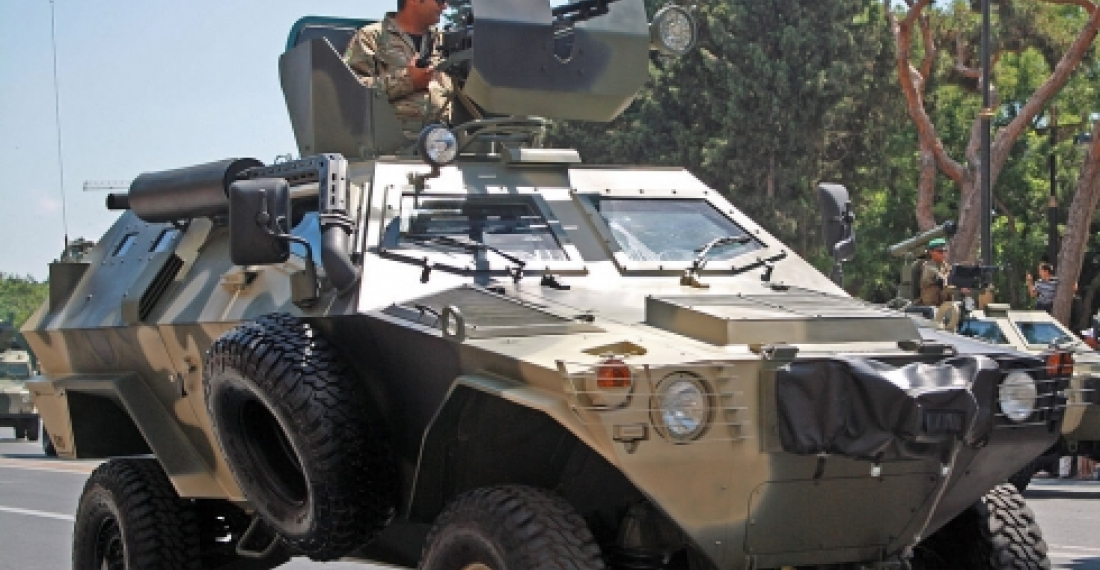Есть сообщения, что в зоне конфликта былы развернуты и в настоящее время используется тяжелое вооружение, в то время как напряженность на линии соприкосновения, разделяющей армянские и азербайджанские силы вокруг зоны нагорно-карабахского конфликта, продолжает наращиваться.
В заявлении, опубликованном в субботу, Министерство обороны Армении сообщает, что ситуация вдоль линии соприкосновения резко ухудшилось в течение последних двух дней. Армения обвинило ВС Азербайджана в провокациях и попытках проникновения. Заявление Министерства обороны Так же сказано, что азербайджанские вооруженные силы использовали стрелковое оружие и артиллерию в том числе гранатометы, минометы и зенитные орудия.
Азербайджан со своей стороны заявляет, что вчера вечером предотвратил попытку проникновения армянских сил через линию соприкосновения и что были ожесточенные бои. Поздно вечером в субботу руководитель пресс-службы Министерства обороны Азербайджана Вагиф Даргяхлы сообщил агентству АПА, что Азербайджан имеет полное право перемещать бронетехники в пределах его территории и не обязан отчитываться об этом перед кем-либо, так он прокомментировал сообщения СМИ, что Азербайджан развертывает тяжелую бронетехнику в зоне конфликта.
Армения подтвердила гибель трех солдат в столкновениях последних дней, но азербайджанские источники говорят, что цифры значительно выше. Со своей стороны Азербайджан подтвердил, что в среду погибли двенадцать его солдат, и несколько других получили ранения.
Источник: commonspace.eu по материалам агентств
фото: Cobra военный автомобиль, который является частью инвентаря Вооруженных Сил Азербайджана (фото из архива)






